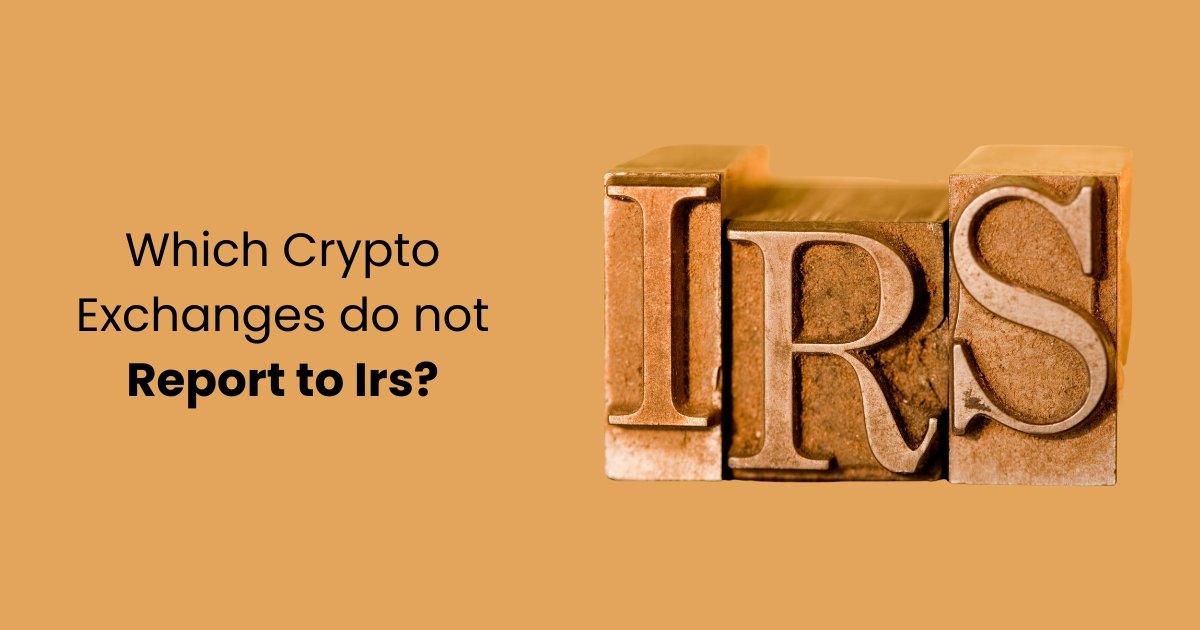Cryptocurrency has changed the game for money and put more control in the hands of regular people all around the world. How cryptocurrency exchanges interact with tax authorities, particularly collection agencies like the IRS in the United States, is an important part of the evolving digital financial ecosystem. As the trading of cryptocurrencies becomes more widespread, governments worldwide are taking measures to regulate and monitor these transactions.
Having a list like this is even more important now that the IRS is looking into these kinds of activities, along with other tactics used by hackers and crypto scammers on online stores. This is a particularly private area where you are hoping your exchange doesn’t report anything about your transactions back to them. This essay breaks down the strange and interesting elements for different types of traders who are still on the fence about trading cryptocurrency.
Crypto Exchanges and How They Fit in.
They also serve as the primary entry point for communicating with investors in this digital alternative currency deal. Despite this, the features, security, and conformity with government rules offered by different sources can vary. Bitcoin exchanges are in the crosshairs of the Internal Revenue Service’s (IRS) crackdown on incorrect tax reporting of bitcoin transactions.

IRS Cryptocurrency Reporting.
Cryptocurrencies are viewed by the IRS as property, and any transaction involving their purchase, sale, or exchange could be viewed as a taxable event leading to the need to declare profits or losses on capital. The IRS began issuing warning letters to crypto dealers they thought hadn’t paid taxes on their digital currency earnings, but their efforts intensified over the years. A 1099-B or comparable form reporting your activities on their exchange is required by the majority of US exchanges.
Crypto Exchanges Report to IRS.
The best-known and most prominent cryptocurrency exchanges that comply with IRS reporting regulations. Even though they have significant operations in the United States, major cryptocurrency exchanges such as Coinbase, Kraken, and Gemini do not report customer transactions to the Internal Revenue Service. User IDs, payment details, and a plethora of other information must be made public in order to comply. Enhanced transparency and regulatory compliance are common outcomes of the stringent Know Your Customer (KYC) checks often enforced by such exchanges.
Is there any way to protect user privacy when dealing with cryptocurrency exchanges based in countries with looser regulations? However, keep in mind that customers still have a legal need to record their bitcoin trades appropriately in 2018 and future years under U.S. law, even if an exchange does not report directly to the IRS. For the utmost anonymity, you should use one of these decentralized exchanges (DEXs) or one of several others that are not governed by US law.
Decentralized Exchanges.
Users are able to trade cryptocurrencies directly with one another on decentralized exchanges powered by blockchain technology. For instance, DEXs often do not request identification, thus users can stay anonymous when using them. Users are still required to pay taxes even though they are using this anonymizing layer, which does provide some privacy. The Internal Revenue Service has verified this and is also trying to keep tabs on a flood of cryptocurrency transactions made on decentralized platforms.
Offshore Exchanges.
Offshore exchanges: Since they may be headquartered in a separate jurisdiction, many offshore wallets may not even report it to the IRS. Fortunately, there are risks and drawbacks to these sites, as they are prone to scams and legal trouble. Not only that, but according to US law, U.S. taxpayers who use foreign cryptocurrency exchanges to make purchases are still liable for paying taxes on such purchases and must report any profits made from virtual assets to the appropriate authorities. Failure to register these transactions may result in severe penalties, such as hefty fines or even incarceration.

Conclusion.
This relationship between cryptocurrency exchanges and tax authorities like the IRS is vital in the cryptocurrency industry. When it comes to reporting user transactions to the IRS, some exchanges are more privacy-friendly than others. All citizens and residents of the United States are nonetheless subject to U.S. tax reporting rules, regardless of the level of privacy an exchange offers its users. Crypto traders can make their way legally through the unfamiliar and complex financial landscape of digital assets with the help of tax experts.

